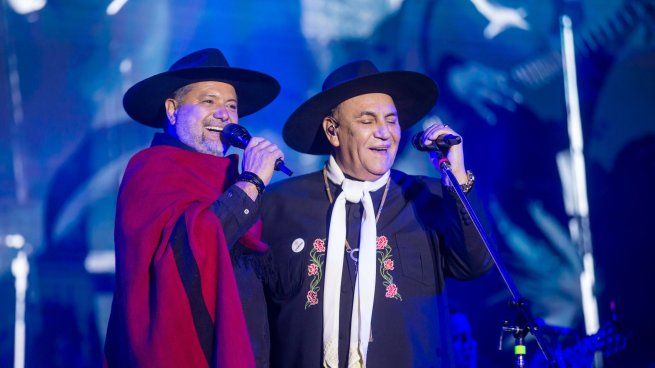German Chancellor Angela Merkel (CDU) has called for the EU to initiate talks with Russian President Vladimir Putin in order to avert a further deterioration in relations in the face of Russian “provocations”.
In a government statement for the EU summit beginning in the afternoon, she also called for new billion-euro aid from the EU for Turkey on Thursday. As a lesson from the corona pandemic, she urged the EU to strengthen its ability to act.
“It is not enough for American President Joe Biden to talk to the Russian President,” said Merkel in the Bundestag in Berlin. “The European Union must also create discussion formats here.” Merkel called for a more united stance on the part of the EU towards Russia. “The events of the past few months have clearly shown that it is not enough if we react in an uncoordinated manner to the multitude of Russian provocations,” said Merkel in what is likely to be her last government statement in her almost 16-year term in office.
At the EU summit in Brussels, Russia is to be threatened with additional economic sanctions. According to information from the German Press Agency, the latest draft for the final declaration of the meeting states that there is “the need for a resolute and coordinated reaction by the EU and its member states to any further malicious, illegal and disruptive activity by Russia”. The EU must therefore make full use of the instruments available to it. To this end, the EU Commission and Foreign Affairs Representative Josep Borrell should present “options for further restrictive measures”, including economic sanctions.
At the same time, according to the draft for the final declaration of the summit this Thursday and Friday, it should be emphasized that the EU remains open to cooperation with Russia in certain areas. These include, for example, climate protection as well as the fight against international terrorism and health policy. At first, however, it remained unclear whether after the summit an attempt would be made to resume the top-level dialogue with Russia that had been suspended in the course of the Ukraine crisis, in line with a proposal by Germany and France.
Russia welcomed the push to return to peak meetings with the EU on Thursday. “We rate this initiative positively,” said Kremlin spokesman Dmitry Peskov in Moscow, according to the Interfax agency. President Putin is an advocate when it comes to re-establishing dialogue and contacts between Brussels and Moscow.
The Ukrainian government, however, warned against the resumption of peak meetings. These are a “dangerous deviation from the EU sanctions policy” and would prevent Russia “even more from implementing the Minsk agreements” for peace in Ukraine, said Ukrainian Foreign Minister Dmitri Kuleba on Thursday in Brussels.
In her government statement, Merkel also called for new billions in aid to Turkey for the care of refugees and a modernization of the customs union with the country. Turkey could receive a further 3.5 billion euros from the EU for housing Syrian refugees. This is what the EU Commission’s proposal for the financial package to Turkey provides until 2024.
As a lesson from the corona pandemic, Merkel urged the EU to strengthen its ability to act. In the first shock of the pandemic, national efforts determined action before a coordinated European approach was taken, she said in the Bundestag. “We know today that we can do better and will do better in the future,” she said. “That is why I see the crisis response, health protection, Schengen and the internal market in particular as the areas in which we need to discuss strengthening Europe’s ability to act.” It is important that the discussion on this starts at the European Council.
On Thursday, Merkel’s possible successors after the federal elections in autumn also spoke out in favor of strengthening the EU. Union Chancellor candidate Armin Laschet spoke for the first time in 23 years in the Bundestag and described the temporary border closings during the pandemic as a false “national reflex”. Annalena Baerbock as the Greens candidate for Chancellor accused the Union in particular of preventing stronger European integration and a more resolute climate protection policy. SPD candidate for chancellor and finance minister Olaf Scholz emphasized that the European Union should move closer together, and that also applies to financial policy.
Merkel also spoke out again clearly against the suspension of patent protection for corona vaccines. She advocated increasing the production of vaccines for poorer countries through increased licensing. The world will “continue to be dependent on vaccines being developed in the future,” said Merkel. “That will only succeed if the protection of intellectual property is not overridden, but is preserved.



